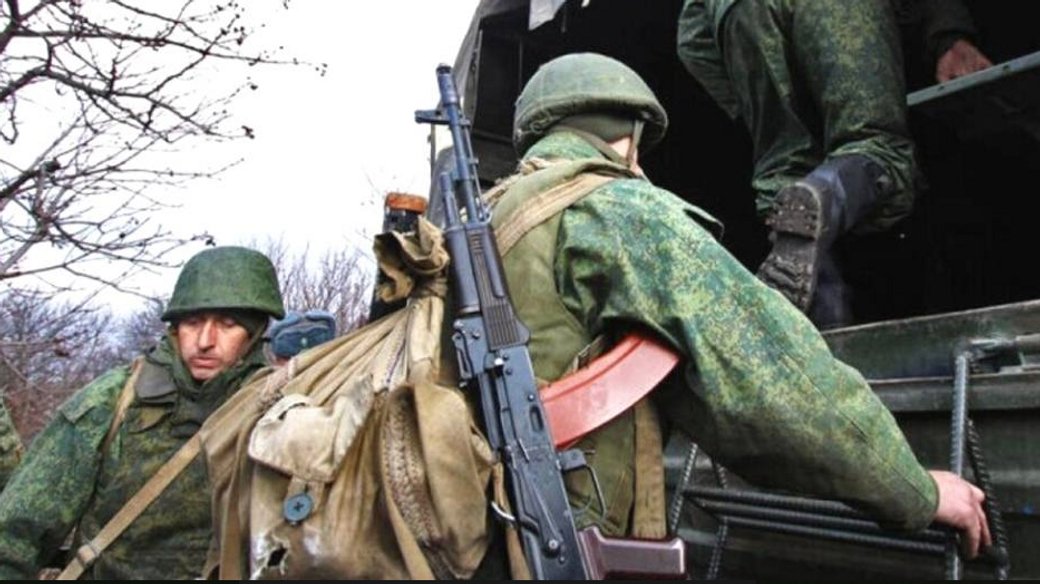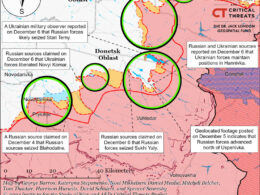Russia aims to achieve a decisive victory in Ukraine by 2026, according to a report by the Institute for the Study of War (ISW), citing Ukraine's spy chief. This timeline is driven by concerns over medium- to long-term economic and force generation constraints that could significantly degrade Russia's ability to sustain its war effort in Ukraine.
Ukrainian Main Military Intelligence Directorate (HUR) Head Lieutenant General Kyrylo Budanov announced on 15 September at the 20th Yalta European Strategy meeting in Kyiv that the Kremlin considers 2025 to be a pivotal year. Budanov stated,
"Failure to secure a victory in Ukraine by early 2026 will undermine Russia's aspirations of remaining a global superpower for the next 30 years."
The HUR head noted that Russia anticipates a worsening economic and socio-political situation by mid-2025, alongside increasing difficulties with military recruitment. Budanov highlighted that the Russian military is currently experiencing personnel shortages and a decrease in new volunteer enlistments.
Evidence of mounting recruitment challenges is apparent in the significant increases in one-time payments to contract military personnel (kontraktniki). The ISW reports that at least 36 Russian federal subjects have increased their one-time payments to kontraktniki in 2024, with at least 11 federal subjects offering one million rubles ($11,000) or more.
Budanov also pointed out that Ukrainian incursions into Kursk Oblast and constant strikes into Russian territories have demoralized Russian citizens and eroded the public's perception of Russian invincibility.
The ISW assessment suggests that these mounting issues may force Russian President Vladimir Putin to make a critical decision: either launch another risky and controversial mobilization or reduce the intensity of combat operations in Ukraine. However, the ISW notes that Putin remains averse to announcing another partial mobilization out of fear of domestic discontent and will likely continue to pursue ongoing crypto-mobilization efforts.
The report highlights Russia's growing reliance on foreign partners, particularly North Korea, to meet its matériel needs. Budanov emphasized North Korea's role as Russia's most impactful military ally, noting that North Korean artillery ammunition deliveries have a direct and rapid effect on the war's dynamics.
HUR Deputy Chief Major General Vadym Skibitskyi stated in January 2024 that Russia's defense industrial base (DIB) cannot produce enough artillery ammunition to sustain Russia's rate of fire. North Korea reportedly delivered one million rounds of artillery ammunition to Russia between September and November 2023, and by June 2024, this figure had increased to 4.8 million artillery shells.
The ISW report concludes that Russia will likely face dwindling weapons and equipment stockpiles and struggle to offset these shortages unless it can circumvent Western sanctions at scale and significantly expand its engagements with foreign partners to obtain sufficient military matériel, component parts, and dual-use items.
Related:
- UK intel: Russia’s Army 2024 Forum sees reduced attendance, focus on defense industry business
- Despite force generation issues, Russia could still pose serious threat to Ukraine in the future – ISW
- The Hill: Putin’s public image shifts as Ukraine pushes into Russia’s Kursk
- Ukraine can not fight until 2044, says Ukraine’s spy chief
- Russian defence manufacturing sector resorts to using convict labour – British intel




